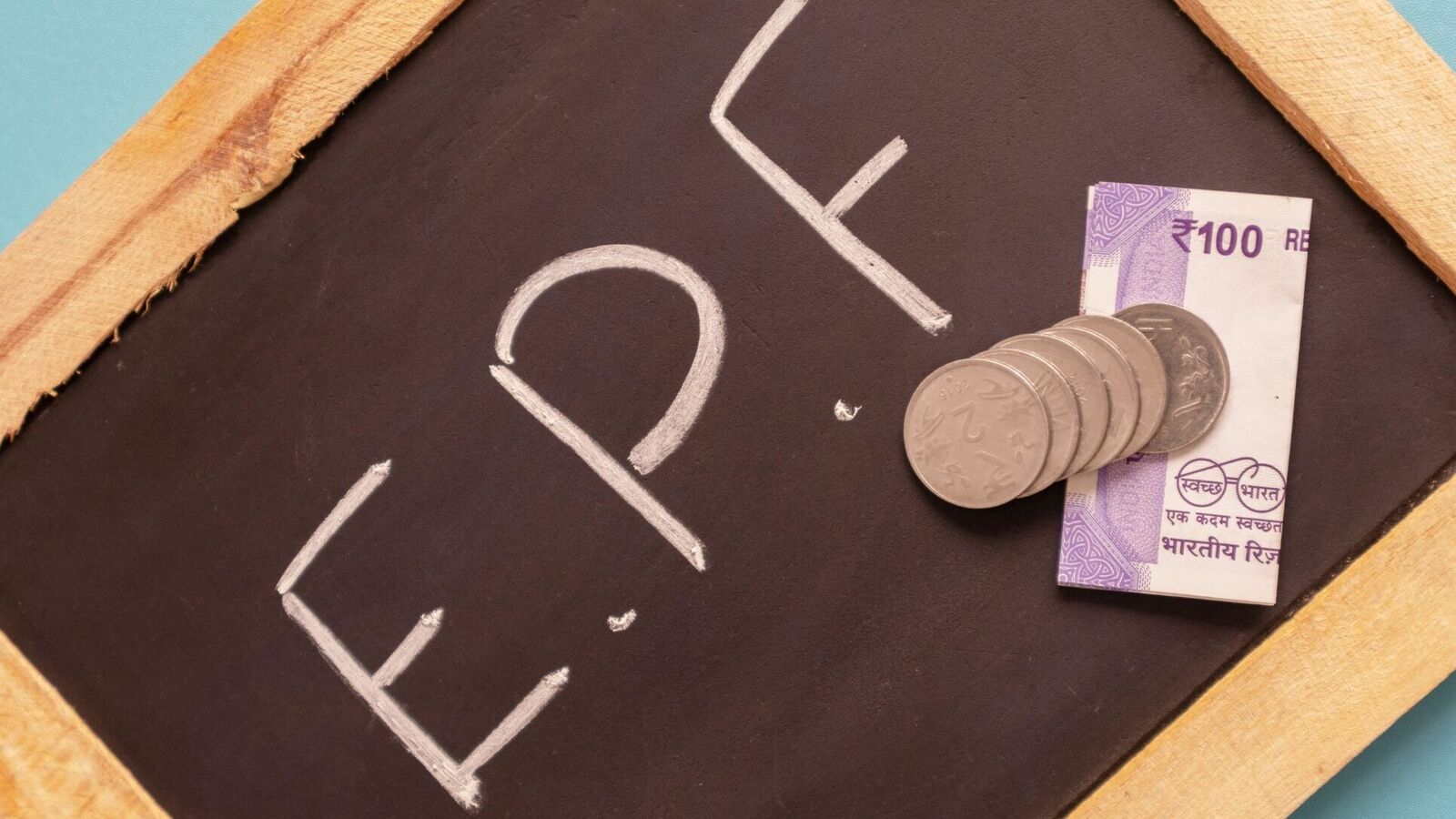As an Employees’ Provident Fund Organisation (EPFO) subscriber, you can access several online services, ranging from getting your Universal Account Numbers (UANs) registered to making a partial withdrawal of your PF money. Subscribers tend to make use of a myriad of services offered by the retirement fund body on its portal.
Aside from these services, EPFO subscribers can also update the date of leaving their jobs. Let us understand how to do this in a series of steps.
Update your exit date: A step-by-step guide
1. Login: First of all, you need to log in to the EPF India website. Go to the member interface and log in with UAN and password (as shown in the image below).
2. Fill application: Go to ‘Manage’ and click mark exit. Choose the PF account number from the select employment dropdown.
3. Some details: Now you can enter ‘date of exit’ and explain the reason for the exit.
4. Send OTP: It is vital to click ‘request OTP’ and enter the OTP which is sent to your mobile number linked to Aadhaar.
5. Checkbox: Now you can select the checkbox.
6. Update: At this stage, you can click ‘update’ and click ‘OK’.
7. Success: Now the date of exit has been updated successfully.
Employee enrolment scheme
Meanwhile, in another development, the government on Saturday announced the launch of the Employee Enrollment Scheme 2025 aimed at voluntarily enrolling employees under the EPFO.
This Enrolment Scheme was launched by Union Minister of Labour and Employment Mansukh Mandaviya during the 73rd foundation day of the EPFO.
“EPFO is not merely a fund—it represents the trust of India’s workforce in social security,” the minister said during the event. The scheme was made effective from 1 November. It aims to encourage employers to voluntarily declare and enrol eligible employees.
According to the Labour Ministry, the Employee Enrollment Scheme 2025 comes under the purview of the Employees’ Provident Funds and Miscellaneous Provisions Act, 1952.
A statement from the ministry says, “Operational from 1st November 2025, the scheme provides that employers will not be required to remit the employee’s share of contribution if not deducted earlier, and only nominal penal damages of ₹100 will apply.”
For all personal finance updates, visit here

